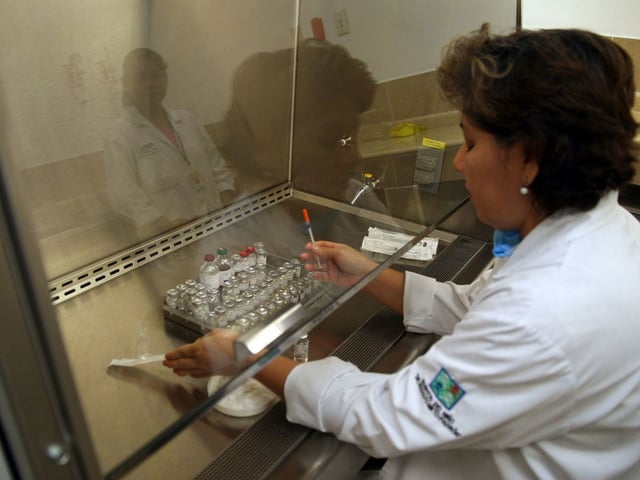Overview
- Updated mid-2025 data show about 30% of people worldwide live with allergic diseases, with prevalence at 40% in Mexico and 20% in Argentina
- Health authorities emphasize early confirmation through skin prick tests and specific IgE blood assays to reduce diagnostic delays
- Though incurable, allergic conditions can be managed effectively with antihistamines, allergen immunotherapy and avoidance of known triggers
- Genetic predisposition combined with climate change and pollution are cited as key drivers of the rising allergy burden
- World Allergy Day initiatives aim to boost public education on symptom recognition and preventive habits to lessen the impact of allergic diseases



